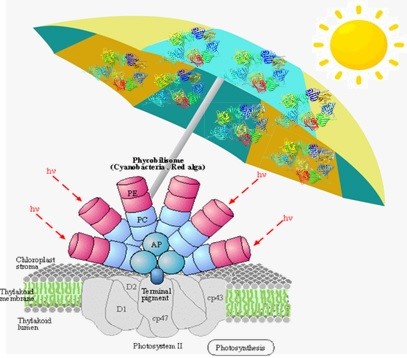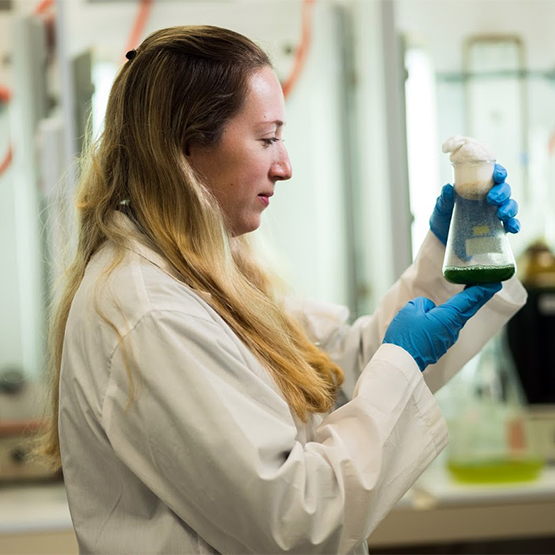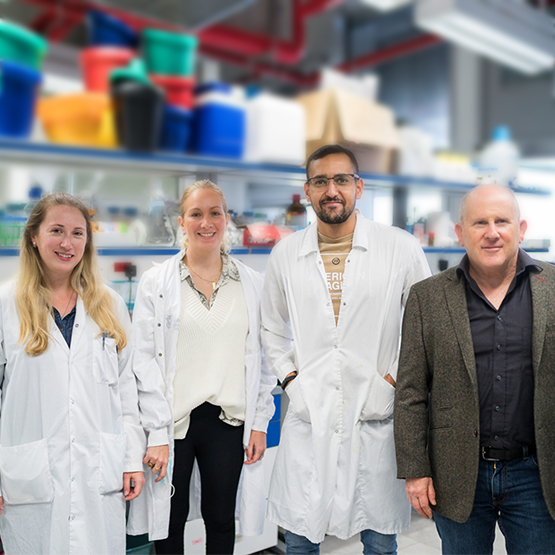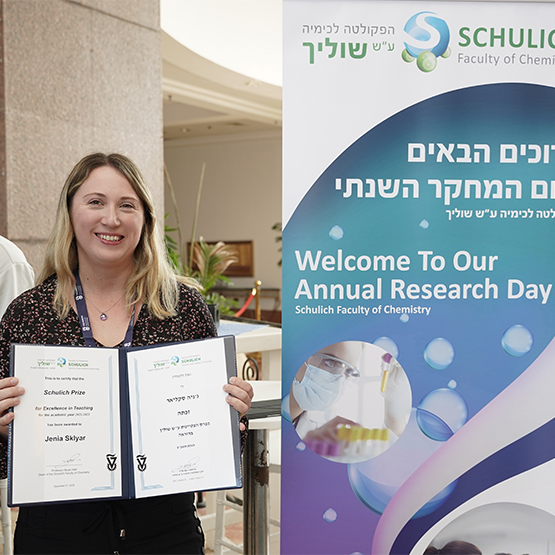
Structural characterization of carotenoid binding proteins
My research focuses on the structural characterization of carotenoid-binding proteins in Cyanobacteria by biochemical methods, genetic engineering, and X-ray crystallography.
Carotenoid binding proteins are part of the essential photoprotection process occurring in cyanobacteria. Cyanobacteria have developed a mechanism of absorbed light energy dissipation by heat, induced by the orange carotenoid protein (OCP). The OCP is comprised of an active N-terminal domain (NTD) and a regulatory C-terminal domain (CTD). Homologs of the CTD (CTDH) are suggested to uptake carotenoids from the thylakoid membrane and transfer the carotenoid to helical carotenoid proteins (HCPs), which are paralogs of the NTD. Holo-HCPs have various functions such as carotenoid carriers, singlet oxygen quenchers, and energy quenching proteins. Some of their unique crystal structures have not been solved yet.
Our first goal is to determine the high-resolution crystal structures of the holo/apo-OCP homologs. Our second goal is to investigate the mechanism of carotenoid binding and transfer from membranes.

Who’s Your Neighbor?
Suggesting alternative assemblies of E/F type bilin lyases from crystal lattice analysis
Jenia's Linkedin Profile




